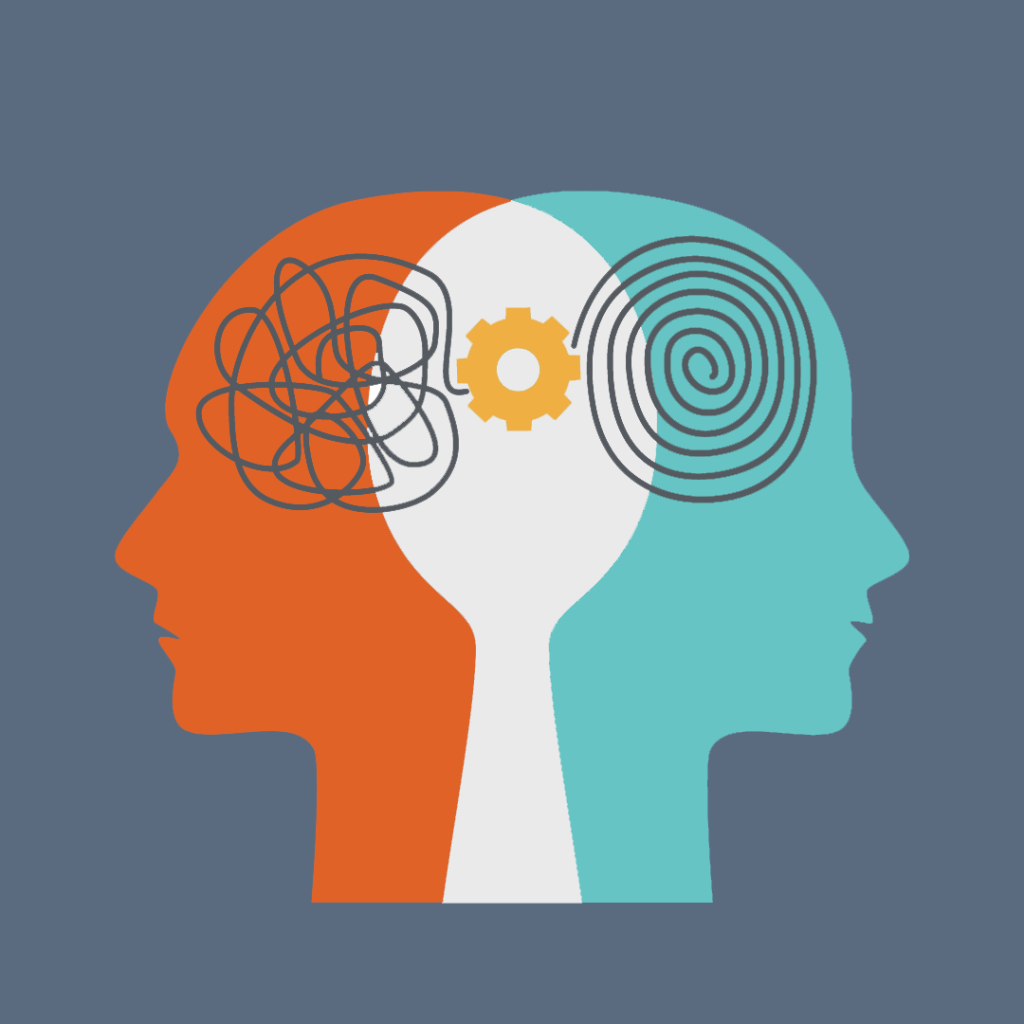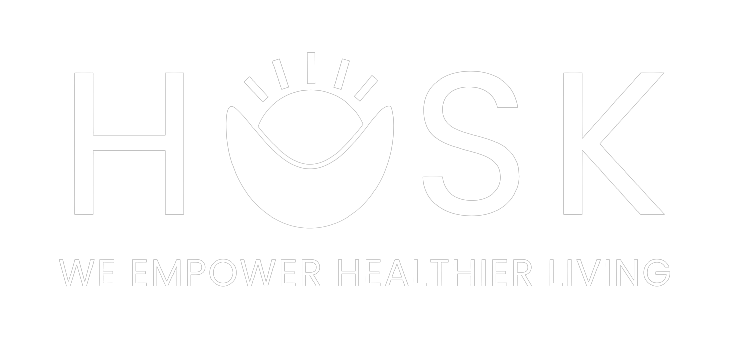
The Impact of Therapy
Ever wondered about the impact of therapy? As we approach World Mental Health Day, let me tell you some surprising statistics.
75% of people who try therapy see significant benefits . That’s three out of four people finding real, tangible improvements in their lives (APA, 2013). Therapy can help reduce symptoms of depression and anxiety. In fact, studies show that Cognitive Behavioral Therapy (CBT) is as effective as medication for many mental health conditions, and often has longer-lasting effects (Cuijpers, et al., 2013) It often leads to improved relationships and overall life satisfaction. 93% of patients in one study reported better quality of life after therapy (Seligman, et al., 2006).
The effects of therapy can be long-lasting. A study found that 77% of people who received therapy maintained their improvements a year after treatment ended (Shedler, 2010). Therapy can be cost-effective in the long run. It can reduce medical costs by up to 17% over time (Chiles, et al., 1999). Even short-term therapy can have significant impacts. Brief psychodynamic therapy (16 sessions) has been shown to significantly reduce symptoms of depression and anxiety (Abbass, et al., 2016).
Professional help can be a game-changer in developing effective coping strategies and boosting your well-being. These numbers show that therapy is not just helpful – it’s a powerful tool for transforming lives.
If you are seeking personal support, connect with a therapist here. If you are interested in offering mental health services to your employees connect with a member of the Husk team here.
Written by Dr. Joelle Giacomo, DSW, LCSW (Licensed in PA & NJ)
Sources:
American Psychological Association (APA). (2013). Recognition of Psychotherapy Effectiveness.
Cuijpers, P., et al. (2013). The efficacy of psychotherapy and pharmacotherapy in treating depressive and anxiety disorders: a meta-analysis of direct comparisons. World Psychiatry, 12(2), 137-148.
Seligman, M. E. P., et al. (2006). Positive psychotherapy. American Psychologist, 61(8), 774-788.
Shedler, J. (2010). The efficacy of psychodynamic psychotherapy. American Psychologist, 65(2), 98-109.
Chiles, J. A., et al. (1999). The impact of psychological interventions on medical cost offset: A meta-analytic review. Clinical Psychology: Science and Practice, 6(2), 204-220.
Abbass, A. A., et al. (2014). Short-term psychodynamic psychotherapies for common mental disorders. Cochrane Database of Systematic Reviews, (7).
